Media Release: HOSPEEM-EPSU 2nd Regional Workshop in Southern Europe, 15 November 2019, Rome, Italy
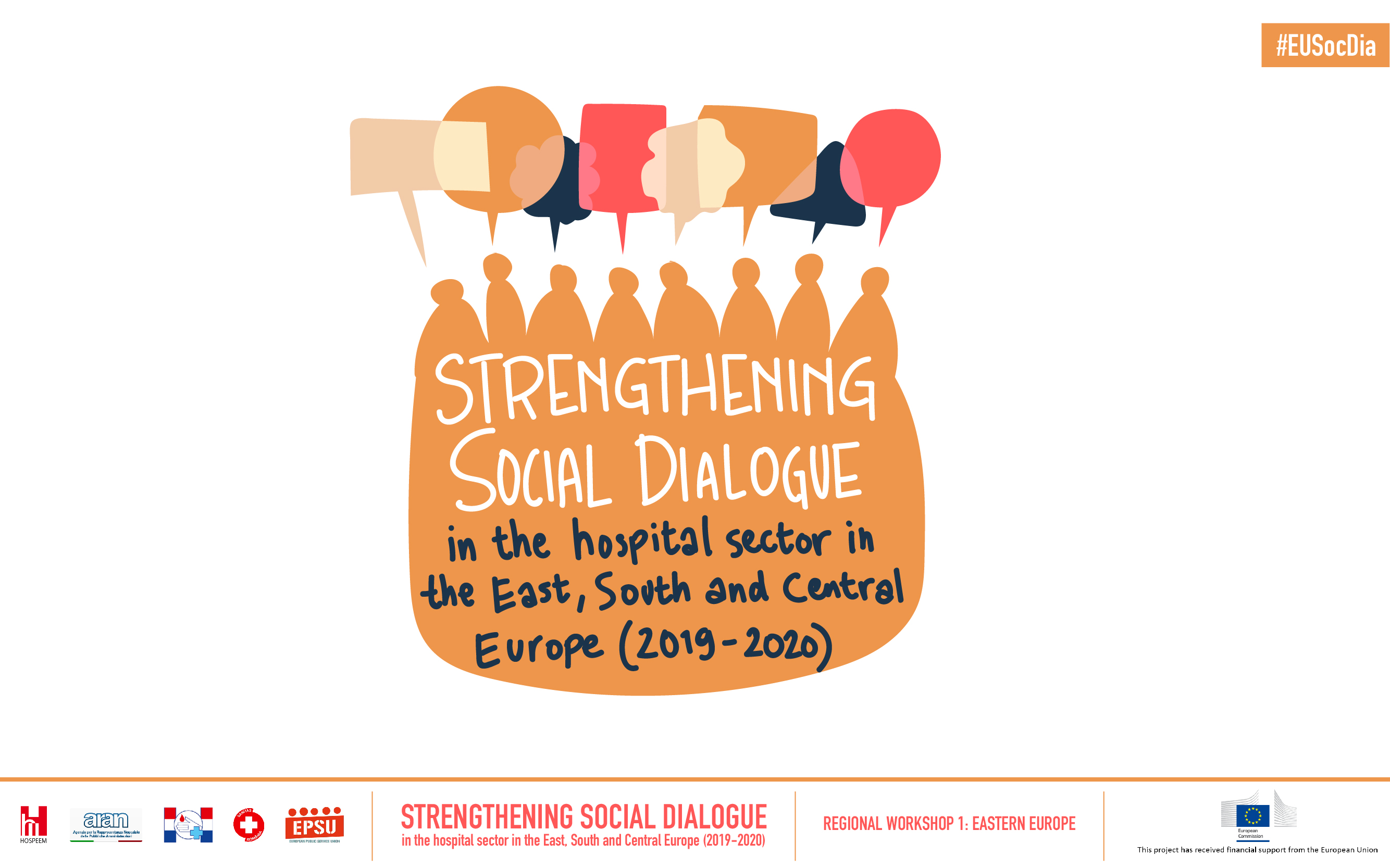 On 15 November 2019 HOSPEEM, EPSU and one of the national project partners, ARAN (HOSPEEM Member, Italy), organised the Second Regional Workshop in Rome, Italy.
On 15 November 2019 HOSPEEM, EPSU and one of the national project partners, ARAN (HOSPEEM Member, Italy), organised the Second Regional Workshop in Rome, Italy.
The meeting was the occasion to discuss the capacity building needs of sectoral social partners in the hospital sector in six Southern Europe targeted countries: Cyprus, Greece, Italy, Malta, Portugal and Spain, as well the level of involvement of the sectoral social dialogue partners in the health/hospital sector in those six countries in the European Semester.
The workshop allowed for an in-depth discussion on the current functioning of the social dialogue structures and institutions at the national, regional and local level and helped in identifying common challenges faced by social partners in their participation in and use of EU level social dialogue as well as in the European Semester process in the six countries respectively. A case study on Sweden was presented as a good practice example by Sandra Bergendorff (SALAR, HOSPEEM affiliate) and Göran Zettergren (TCO, Trade Union).
The project partners were delighted to welcome Ms Kristine Krivmane, European Commission who gave a comprehensive overview of the EU level social dialogue which was complemented by a presentation of activities of the Sectoral Social Dialogue Committee for the Hospital Sector by HOSPEEM. An insight into the European Semester process was also provided by HOSPEEM.
The event gathered around 60 participants, from 18 EU Member States. Contributions from employers and trade unions’ representatives from the six targeted countries, EPSU and HOSPEEM members as well as from academia allowed for a fruitful discussion on the current social partners’ challenges in the sector.
HOSPEEM and EPSU would like to thank ARAN, FIASO and the INMI Spallanzani for organising and hosting the workshop.
The workshop’s materials will be available on HOSPEEM and EPSU websites. You find more information on the project provided by HOSPEEM and EPSU as well as the Hashtag #EUSocDia on Social Media.
HOSPEEM has published an event page for this workshop.
EPSU has also published a project webpage on this topic.
***Back to main project page***
This project has received financial support from the European Union

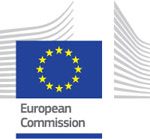
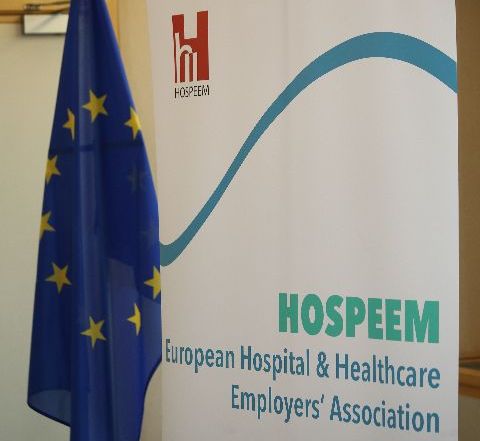
 In this document you can find the highlights of the work of the HOSPEEM-EPSU Sectoral Social Dialogue Committee for the Hospital and Healthcare Sector. In 2018 the Sectoral Social Dialogue Committee for the Hospital and Healthcare Sector
In this document you can find the highlights of the work of the HOSPEEM-EPSU Sectoral Social Dialogue Committee for the Hospital and Healthcare Sector. In 2018 the Sectoral Social Dialogue Committee for the Hospital and Healthcare Sector 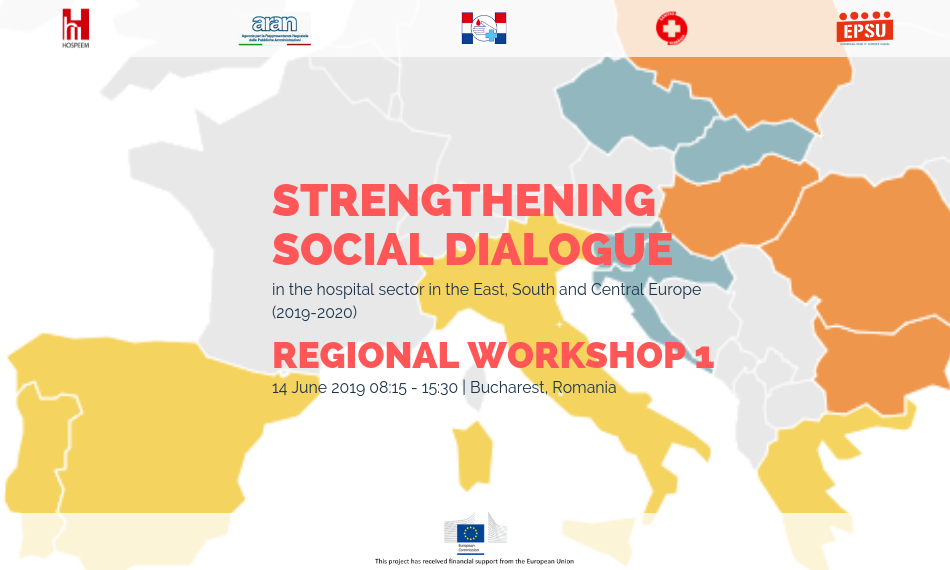
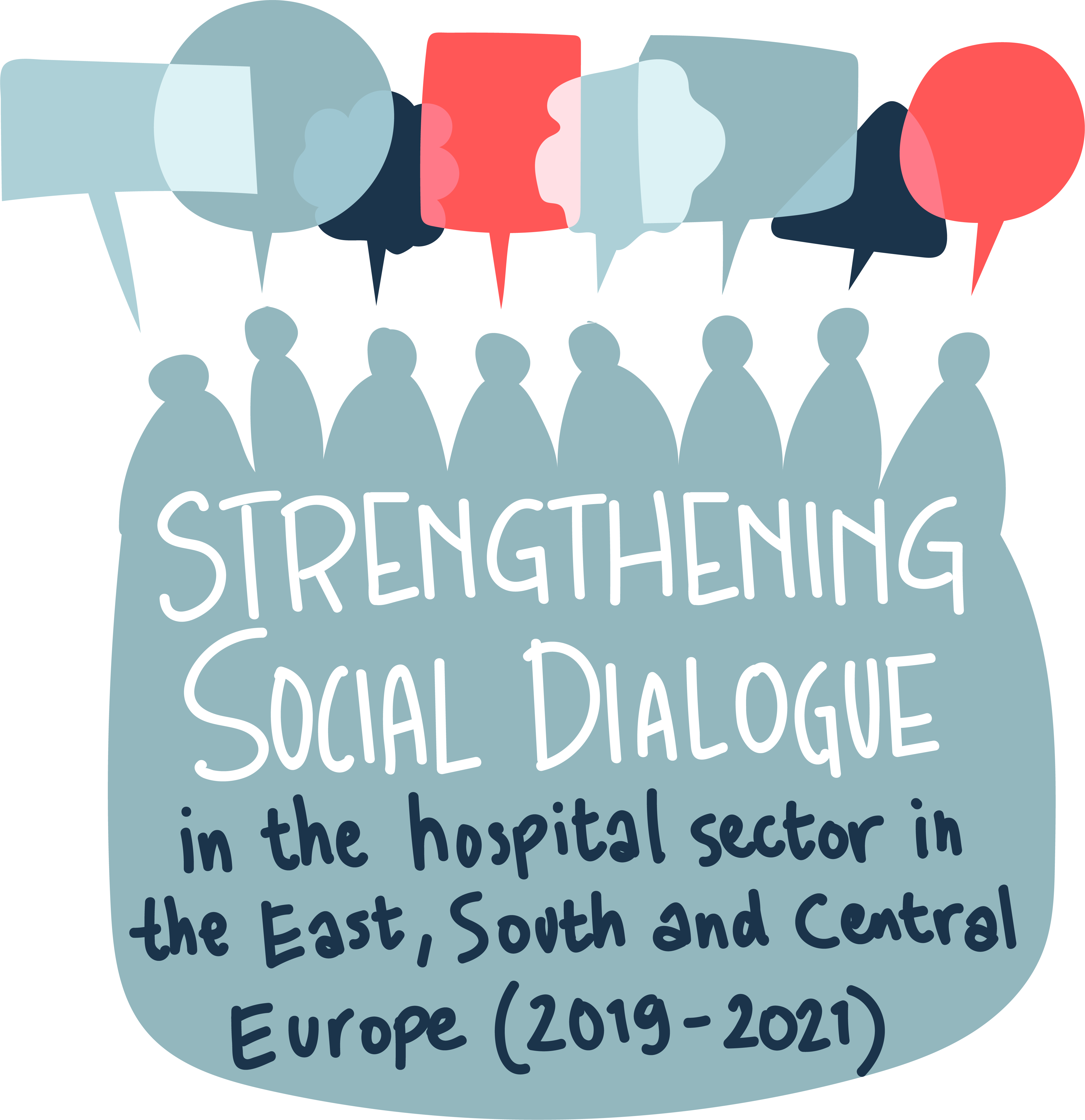 The first Regional Workshop of the
The first Regional Workshop of the 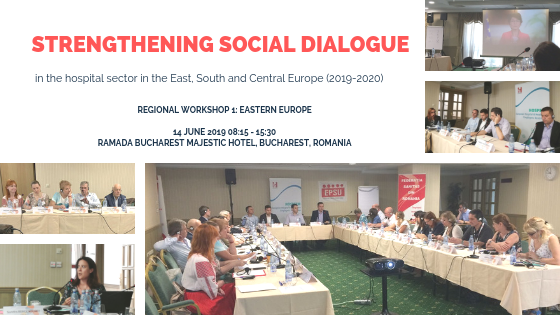
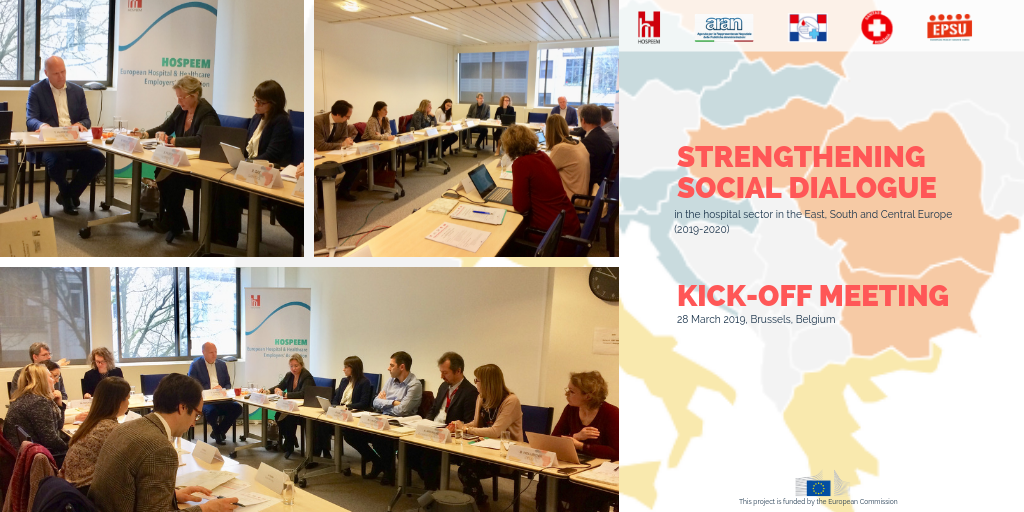
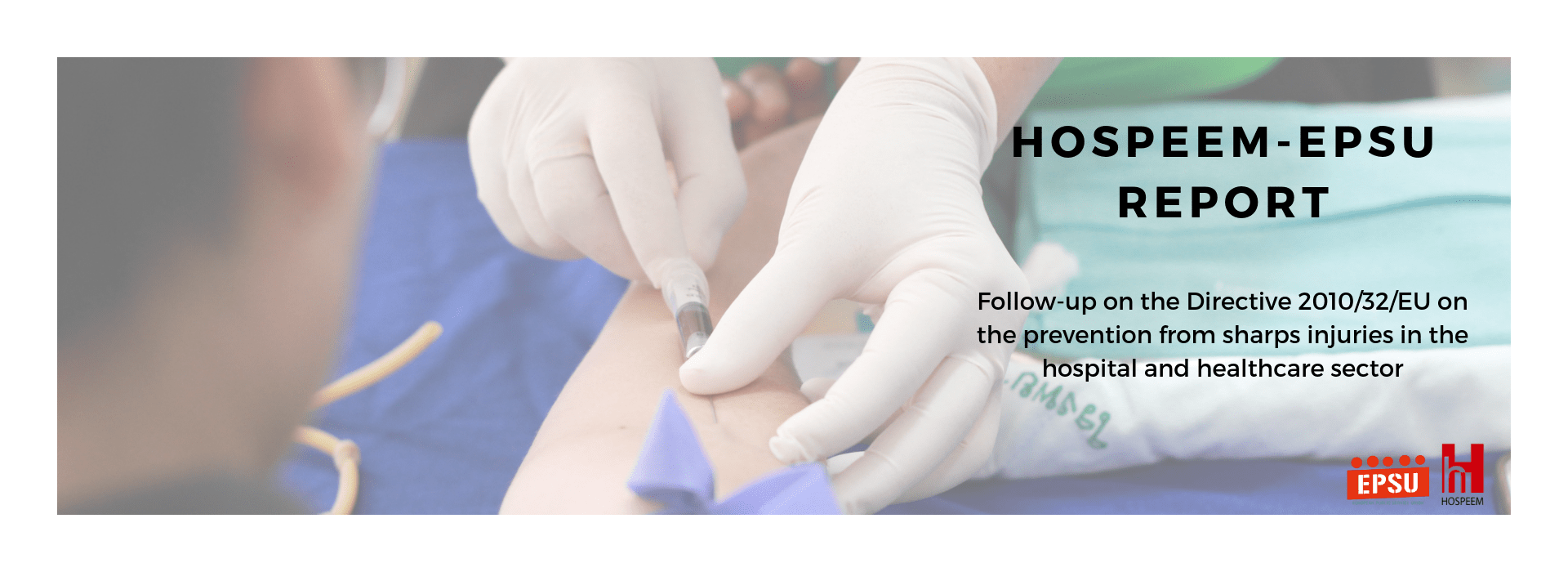
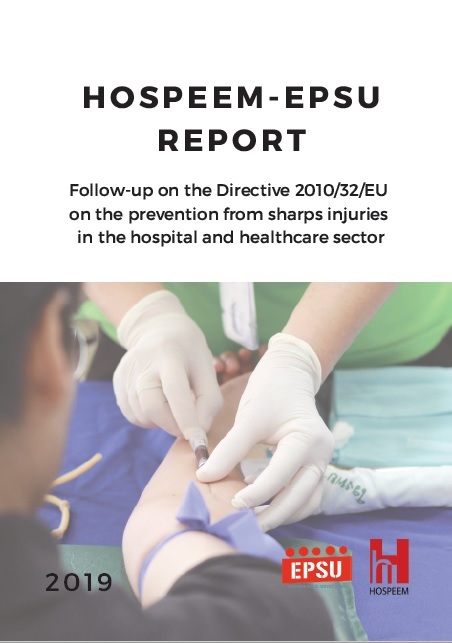

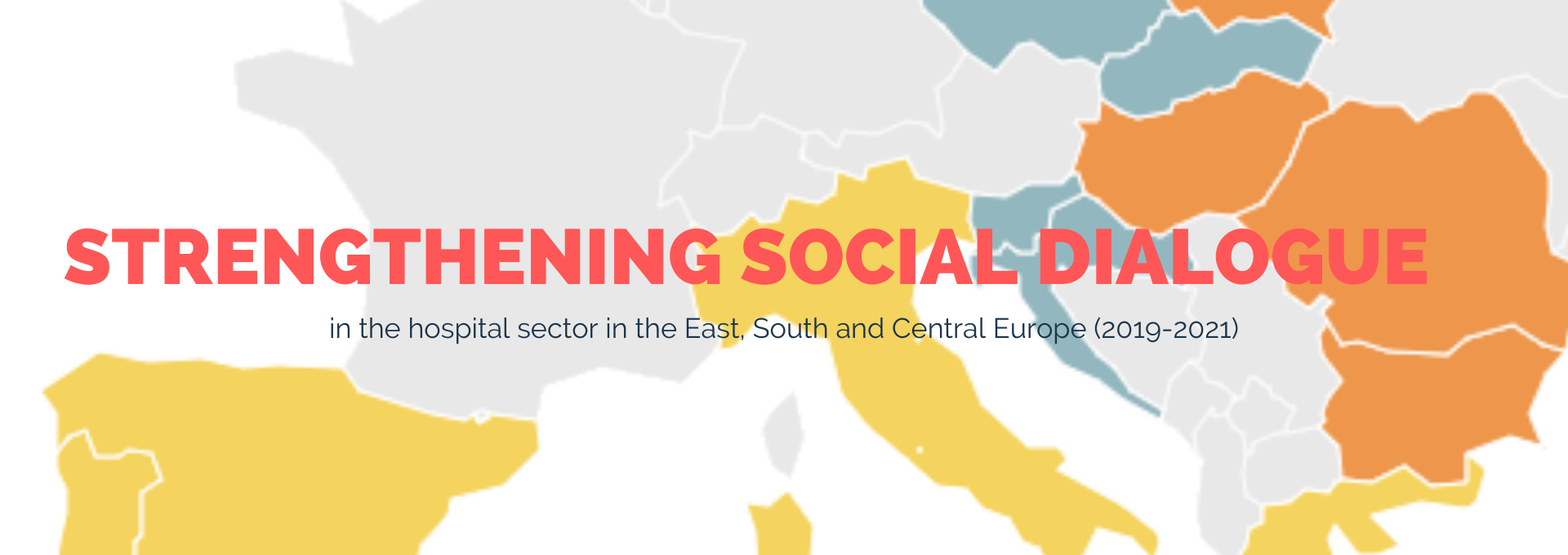
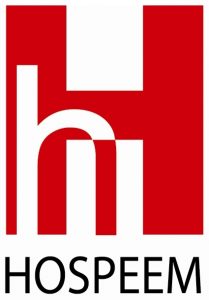
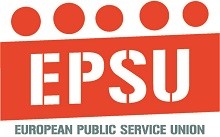
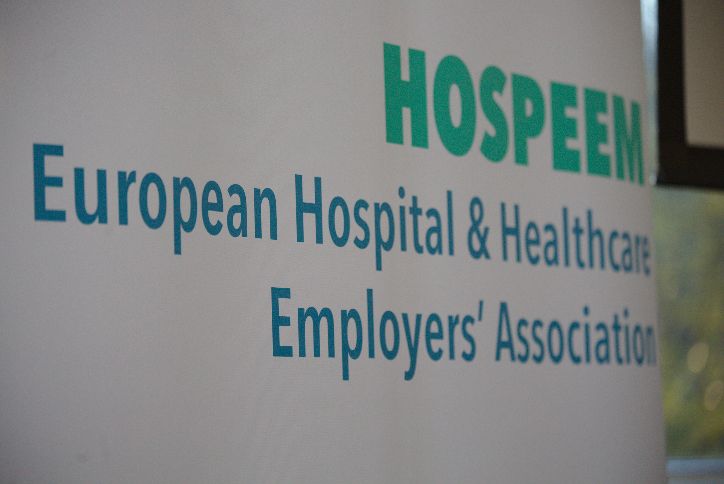

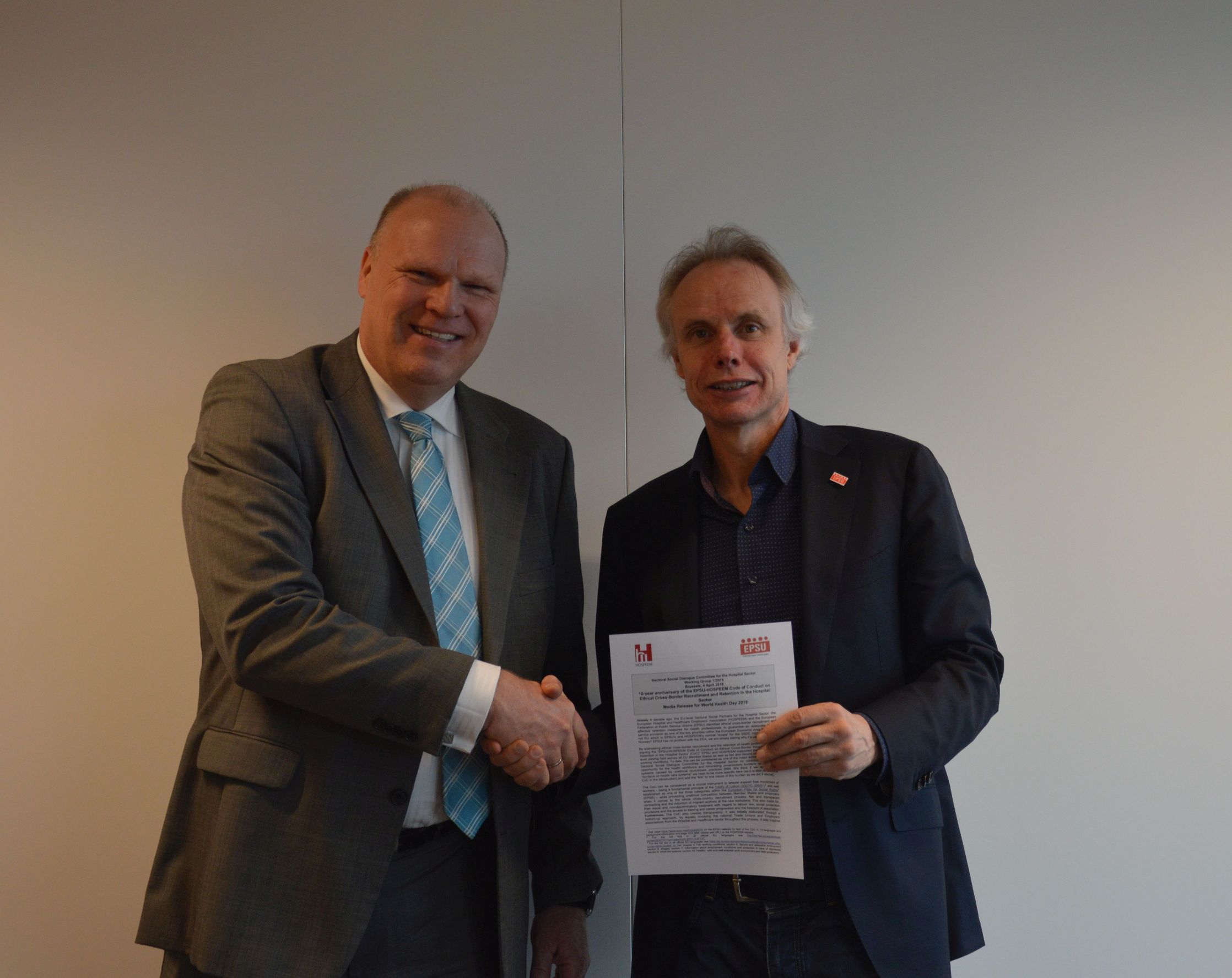 Tjitte Alkema, Secretary General of HOSPEEM reflected on the impact of the Code of Conduct: “10 years ago, our Code of Conduct was an inspiration for the work of the World Health Organisation. Nowadays, given the migration flows to and within the European Member States, it is still very relevant.”
Tjitte Alkema, Secretary General of HOSPEEM reflected on the impact of the Code of Conduct: “10 years ago, our Code of Conduct was an inspiration for the work of the World Health Organisation. Nowadays, given the migration flows to and within the European Member States, it is still very relevant.”
Recent Comments